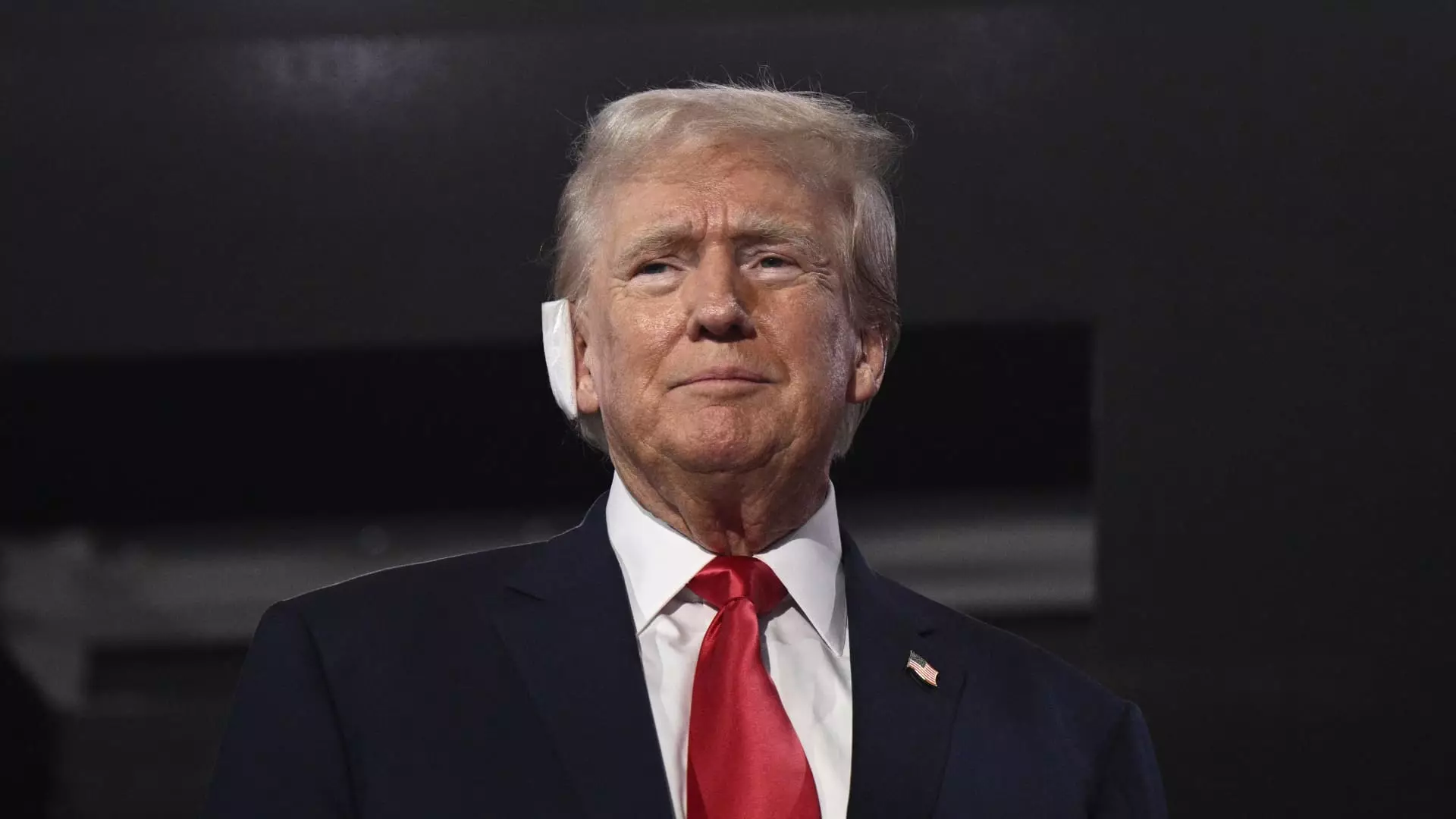As the possibility of former President Donald Trump securing a second presidential term looms, analysts are sounding the alarm about the potential ramifications for global inflation. The economic agenda of high tariffs and low taxes, which characterized Trump’s first term, is expected to exacerbate inflationary pressures if he is re-elected. The persistence of the “inflation mindset” coupled with the already elevated levels of inflation and inflation expectations could have far-reaching consequences both domestically and internationally.
The impact of Trump’s policies on global inflation is anticipated to extend beyond the borders of the United States, affecting regions such as Asia and Europe. High tariffs, a hallmark of Trump’s trade policy, are typically viewed as inflationary as they increase the cost of imported goods. This, in turn, allows domestic producers to raise their prices, leading to higher costs for consumers. Additionally, tax cuts under Trump’s administration could stimulate consumer spending, further driving up the prices of goods and services.
In contrast to Trump, President Joe Biden has also indicated a willingness to increase tariffs on China amidst escalating geopolitical tensions. Economists predict that inflation is likely to rise under either candidate, with Trump’s protectionist stance contributing to higher inflation levels. However, some experts believe that Biden’s proposed large spending packages could also result in increased inflation. This inflationary environment is expected to impact Asia, prompting companies to consider diversifying their production to mitigate the effects.
Market Reaction and Economic Forecasts
Market analysts have raised concerns about the potential risks associated with a second Trump presidency. Goldman Sachs projected a 0.1 percentage point increase in inflation due to higher tariffs impacting global trade. Similarly, Manulife’s Marc Franklin highlighted the potential for further tax cuts and revisions to Chinese tariffs under Trump, which could lead to a “somewhat reflationary mix” and drive up inflation expectations. This could result in a shift towards higher interest rates, signaling potentially turbulent times ahead for the global economy.
Despite an initial boost in U.S. stocks following Trump’s defiant appearance at the Republican National Convention, analysts caution that the rally may be short-lived. While investors initially reacted positively to the prospect of a pro-business Republican president, concerns about his protectionist policies and their inflationary effects continue to linger. The uncertainty surrounding Trump’s stance on global trade and geopolitical relations has cast a shadow over the long-term economic outlook.
The potential impact of a second Trump presidency on global inflation is a cause for concern among analysts. The combination of high tariffs, low taxes, and increased government spending could create an inflationary environment both in the United States and abroad. As geopolitical tensions escalate and economic uncertainty looms, investors and policymakers alike are closely watching the unfolding developments in anticipation of the potential consequences for the global economy.



Leave a Reply